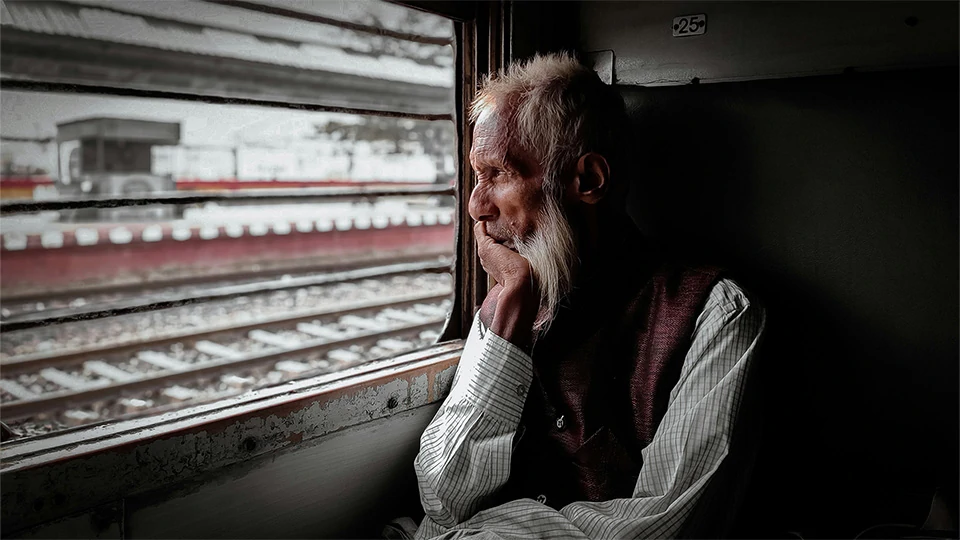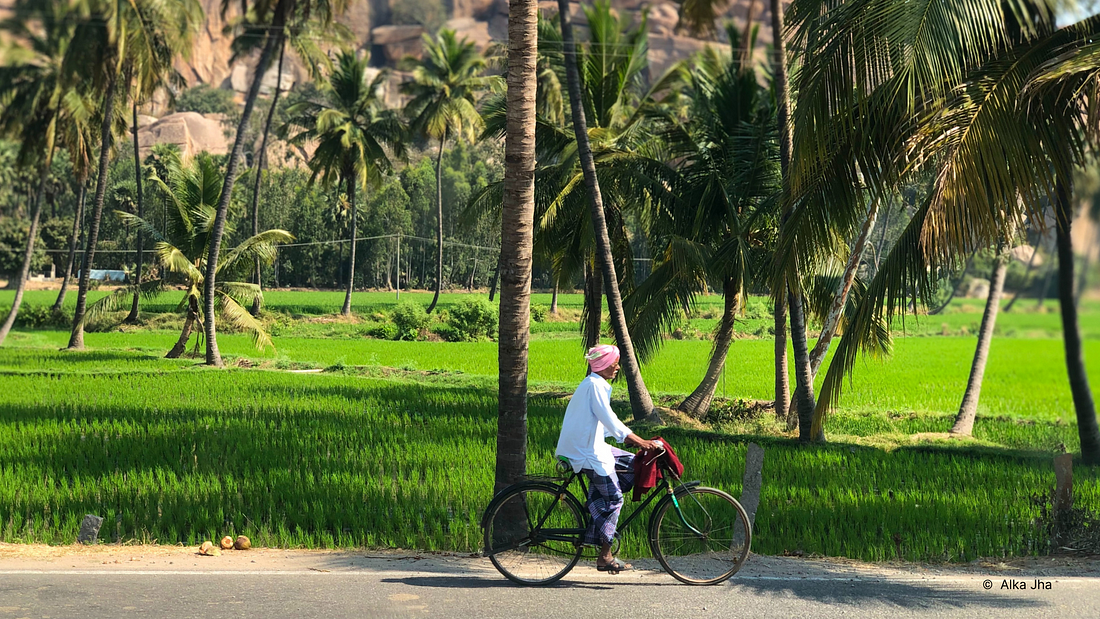In this short interview, Ziaa Lalkaka (Chief Executive Officer of the HT Parekh Foundation) gives us a brief overview of their approach to funding heat stress – why it’s a crucial priority for them, what they hope to achieve over the next two years, and how they hope to collaborate with other funders to tackle the climate crisis in India.
Why is heat a priority for you? What critical role do you see philanthropy playing in this nascent space in India?
The HT Parekh Foundation is now operating as an independent domestic philanthropy since 2024. As we enter our second decade of work in India, we have commenced our journey in building a flagship initiative entitled ReVIVE, to focus on certain niche areas of climate change. Whilst we deliberated on our strategy for ReVIVE for close to 6 months last year, we had set some base indicators on what our flagship programme should address. This included identifying a problem of the future, remaining long-term invested in an emerging area of climate change, and building a body of knowledge and thought leadership in this area. We spent a considerable amount of time evaluating multiple thematic areas under climate, assessing the level of investments already being made in each one, by government, industry and philanthropy.
We then started to evaluate a geographic focus; while studying data over the past 10-12 years on the extent of urbanisation due to increased migration and the growth of new urban centres across Tier 2 and 3 cities and small towns. We realised that an assured ‘problem of the future’ was going to be the impact of heat on urban India, driven by increased built infrastructure and a reduced blue-green cover. As we delved further into different data sets, we saw the potential impact of heat stress on both the health and livelihoods of urban residents, resulting in lower productivity. Urban heat emerged as a new and relatively under-funded area in climate action, where we believe we can build our resources and thought leadership over the next 5-8 years. We also saw the strong interlinkages of urban heat to other climate issues such as air pollution, solid waste management (esp. wet waste), urban ecology, water, and wastewater.
Hence, our investments under ReVIVE over the next 18-24 months, will support multiple partners and initiatives which are cross-cutting across these themes. This will help us build our knowledge, document our learnings and learn from failures and successes in the short term, enabling us to deep dive into a more focused approach towards heat after the initial 24 month learning phase.
What is your funding approach and what do you hope to support?
Being a nascent area in climate funding, our funding approach over the next 18-24 months is to build partnerships and support multiple initiatives in the area of urban heat, to enable the development of key data and research, support pilot projects on ground, and foster the innovation eco-system for affordable cooling solutions. We also want to use this timeframe to build some critical learnings on heat and its impact on people’s health, livelihoods and productivity, for which we are building a Knowledge Management vertical within our Foundation to capture and document these learnings. Our endeavour is to create a body of learnings and support research that will become a ‘public good’ for all players in the philanthropic ecosystem. The overarching idea is to attract existing and new domestic funders to start considering support for heat interventions, as a part of their climate portfolio. We also want to foster an environment where we create spaces for focused group discussions and convenings, to enable open dialogue on this thematic area.
Do you have a message for other funders who are considering entering this space?
Indian philanthropy is expected to grow at 10-12% per annum over the next five years, driven by family philanthropy, high-net-worth individuals and corporate social responsibility initiatives. However, funding for ‘action-oriented climate initiatives’ is still building up, within which funding for heat action is at a nascent stage. Although there has been a notable shift amongst the new generation philanthropists, my guess is that over the next 5 years, funding towards heat action and related innovations will be driven largely by family foundations and independent philanthropies like us. More so due to the ‘fear of the unknown’, as this is a nascent and emerging area in climate funding. However, the impact of heat stress on a tropical country like India with 1.50 billion people cannot be over emphasised, especially on the adaptation & resilience front, as heat will adversely impact health and productivity. A nation of our size which has been on the upward path to development over the past decade, cannot afford a slowdown on productivity, as rising and prolonged exposure to heat can have a negative impact on India’s economic growth.
On my wishlist for the next year, is to enable a set of like-minded funders to come together and create a heat coalition, setting a common agenda to support investments under heat action. This group of funders should be aligned to take a ‘big bet’ on heat as a climate intervention, and invest risk capital in various areas including research and data, innovation, heat action plans, and innovative solutions that consider both the built environment and nature-based solutions. Should this coalition be formed, I firmly believe that over the next five-six years, sustained philanthropic investments on heat will encourage and embolden other funders, as also academia, think tanks, and innovators to increase the quantum and impact of investments for climate heat interventions.
About HT Parekh Foundation
The H T Parekh Foundation was established in 2012 to commemorate the birth centenary of the Founder Chairman of HDFC Limited (erstwhile). HTPF began its journey in 2014, acting as the primary implementing agency for HDFC’s CSR efforts, supporting ~150 non-profit organisations across Education, Healthcare, Disability and Environment.
Following the merger of HDFC Limited with HDFC Bank on July 1, 2023, the Foundation now operates as an independent, domestic philanthropy with a flagship programme entitled ‘ReVIVE’, which addresses urban climate change primarily across Tier 2 and 3 Indian cities, with a focus on heat stress and waste management. ReVIVE aims to be community centric and solution driven, whilst building resilience and enabling communities to adapt to climate change patterns.

Subscribe to our Newsletter
Join ICC's monthly newsletter and read more about uplifting climate narratives, innovative solutions, and other updates.




